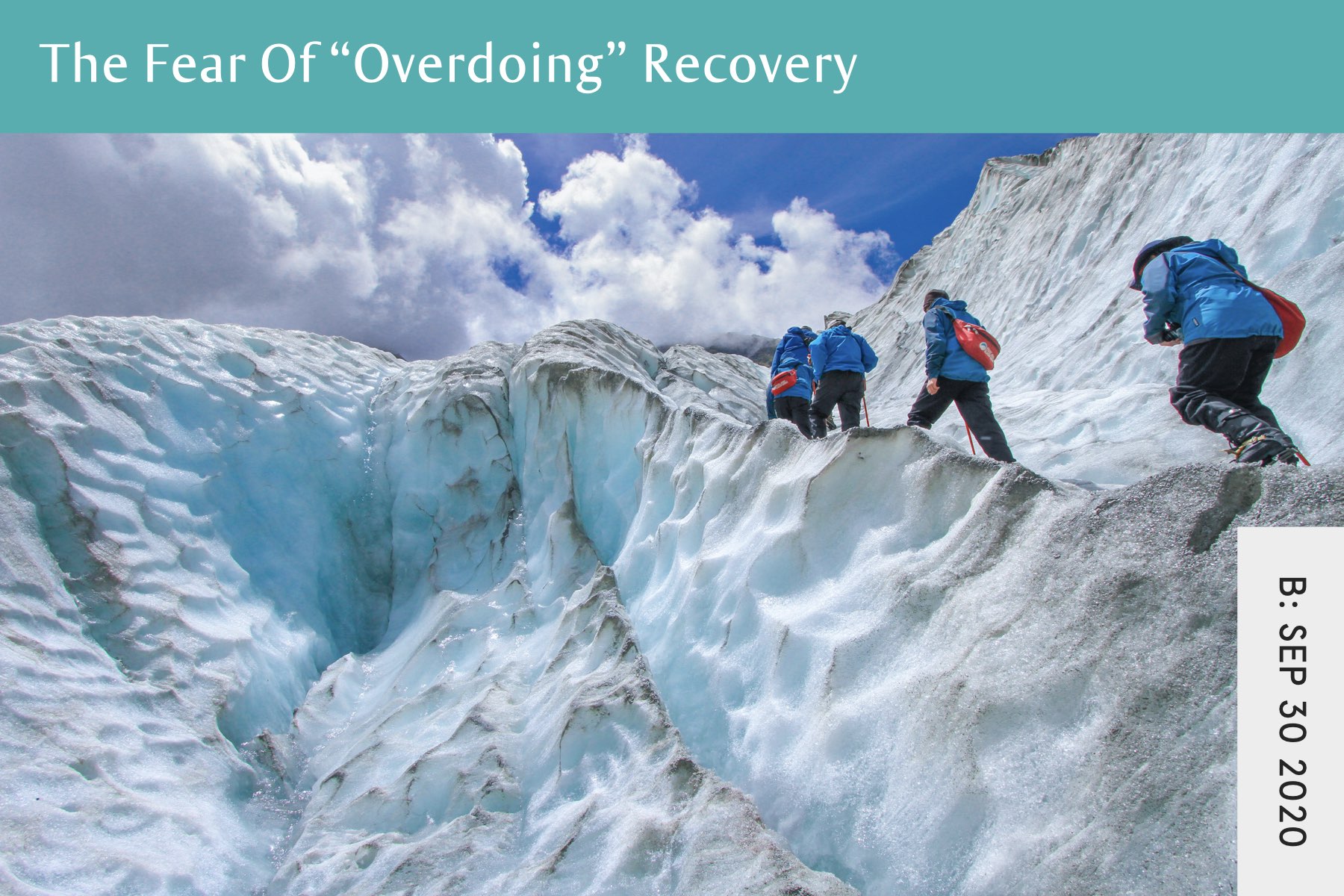

It’s incredibly common to be struggling with food and exercise issues for a long time, whilst not recognising it as a problem.
You‘re praised by friends and colleagues for being the fit one.
You consider “health” as one of your most important values, of course, you’re going to care about all the things that’ll support this.
You look around and see that everyone is dieting and trying to manage their weight and so you’re no different to the masses.
You’re a personal trainer, so exercise is more than just a hobby, it’s your life.
You’re a dietician, so understanding health is more than just a hobby, it’s your life.
The planet is burning and the medical system is buckling, food choices matter for the very existence of our society.
So, there are clearly reasons why you can be blind to what’s going on.
But someday, something changes. Often this is a slow creep but can also be an aha moment.
Maybe you’re listening to a podcast.
Or an article is shared in your newsfeed.
Or you get injured or are sick and the anxiety is off the charts because you can’t exercise.
This new piece of information or experience leads to realisation. You finally recognise what you are experiencing may be common, but it’s not normal or how it has to be.
Your relationship with food and exercise is a problem.
What you are dealing with is disordered eating or maybe even an eating disorder.
Once the blinders have come off, there’s no putting them back on. Sure, you try and ignore it. Or try to come up with different explanations. But once the genie is out the bottle there is no stuffing it back in. No more ignorance is bliss.
But just because there is an appreciation of what is going on (even if it’s only a vague understanding), this doesn’t mean you know how to change it.
And thus begins the searching. How do you overcome this? What does that even look like on a day to day basis?
To say you’ll get a wide range of responses to these questions is an understatement. With the clients I see, they’ve typically read and tried a myriad of options. They’ve worked with other practitioners. Many have had stays at in-patient facilities.
Through these experiences, there is the realisation that things can’t stay the same. Eating habits have to change. The level of exercise you’re doing has to reduce. But despite this, you don’t like it. You want to recover, but have strong reservations with many of the recommendations.
And a big reason for these reservations is that you don’t want to “overdo” recovery. You fear overdoing recovery and…
Ending up in a body that is bigger than you could have got away with
Ending up eating more food than you “needed” to or more foods from the “unhealthy” category than you “needed” to
Being judged by friends, family, colleagues and the world at large
Losing your sense of identity
So, this fear leads to constant searching for an alternative way of doing things. There’s this feeling (or hope) that you’re just about to stumble on this one thing you haven’t read before, which is going to allow you to recover AND keep all the benefits of the disorder.
The problem with the focus on “overdoing” recovery and the search for an elusive or secret alternative is that it’s continuing to see things through a disordered lens. It is looking at changes to food and exercise and saying that there are good/bad and right/wrong ways to do things. It’s creating a narrow band of getting this right, where if you go over some threshold you’ve moved into the bad category.
But what is recovery really about?
When it is seen from this perspective, how can you overdo recovery?
Now, I know why recovery is seen through the other lens. Part of this is because of the eating disorder brain hijacks that way you see the world.
But a big part is because so much of recovery is food and exercise focused. Where you make changes to these habits so your body and mind can “rehabilitate and rewire” (to borrow a phrase from Tabitha Farrar).
So, I can see how, if this is the constant focus, then an understanding of what recovery is truly about can become skewed.
Which is why so much of what I focus on with clients is non-food and non-exercise related. Yes, the nutritional rehabilitation needs to happen, but on its own, this is not enough.
Recovery is about everything listed above and the real work is about how to make this a reality. Because when this occurs, food and exercise are no longer important in the way that they were.
I’m a leading expert and advocate for full recovery. I’ve been working with clients for over 15 years and understand what needs to happen to recover.
I truly believe that you can reach a place where the eating disorder is a thing of the past and I want to help you get there. If you want to fully recover and drastically increase the quality of your life, I’d love to help.
Want to get a FREE online course created specifically for those wanting full recovery? Discover the first 5 steps to take in your eating disorder recovery. This course shows you how to take action and the exact step-by-step process. To get instant access, click the button below.
Share
Facebook
Twitter